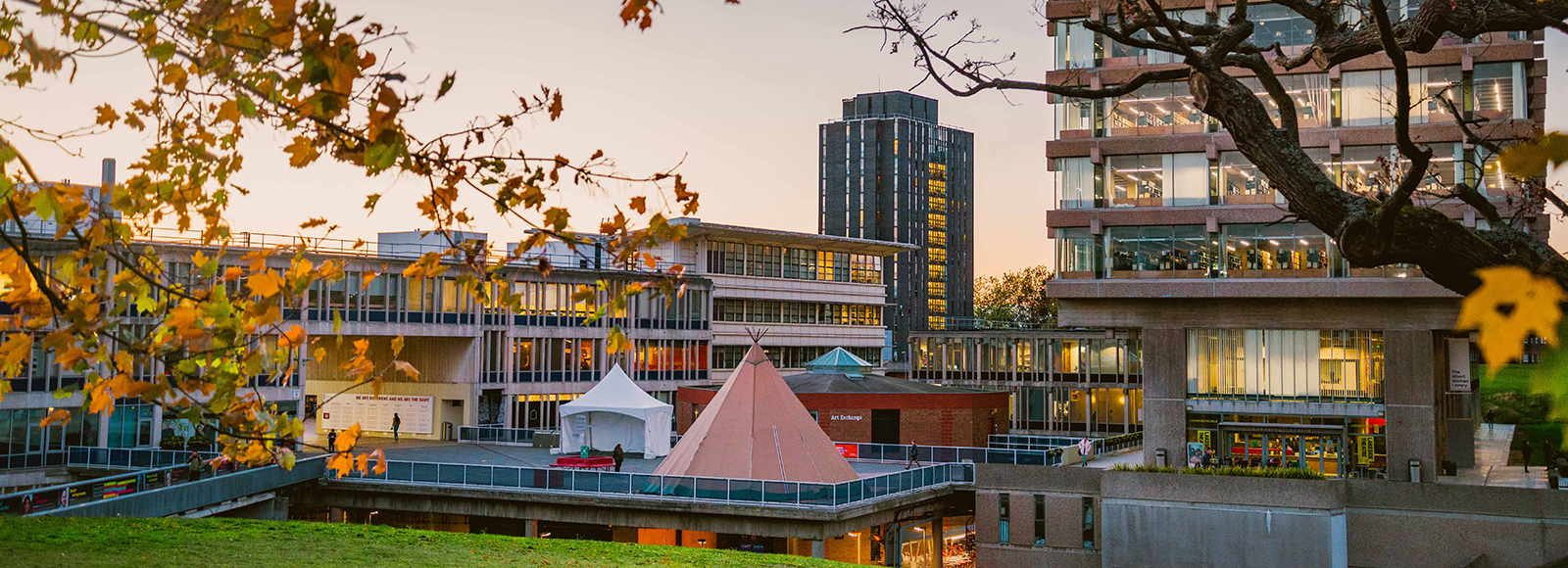- ...
Postgraduate Studentships - Search for funding opportunities.
How can biological processes and organisms be used in the development of new technologies? Biotechnology enables us to improve practices in diverse fields including genetics, agriculture, bioremediation, immunology, diagnostics, energy production, and age-assisted living. Our course provides you with knowledge, understanding and hands-on experience in modern biotechnology, and with practical insights into current commercial applications. It creates access to a broad range of career opportunities in this rapidly growing key technology.
You will learn about and appraise the approaches that can be used to address the challenges facing our planet, including: The development of biofuels, pharmaceuticals and crops to support and feed the growing human population Industrial, plant and medical biotechnology Gene and protein technology Synthetic biology Bioinformatics The course has a very high proportion of practical work that provides valuable experience for your career. Our research-led teaching is continually evolving to address the latest challenges and breakthroughs in the field.
Therefore to ensure your course is as relevant and up-to-date as possible, your module structure may be subject to change. Your research project will immerse you in a research environment, allowing you to conduct your research alongside our expert academics and PhD students in shared labs. Two-thirds of our research is rated “world-leading” or “internationally excellent” (REF 2014), and you learn from and work alongside our expert staff. Visit our biochemistry subject page for more information and content.
We will consider all applicants with 2:2 or above, or equivalent international qualifications. For some courses, there may be additional requirements which can be found on our website.
For fees and funding options including scholarships available please visit website to find out more
Our graduates are well placed to find employment in the ever-growing bio-based economy, and postgraduate study is often a requirement for becoming a researcher, scientist, academic journal editor and to work in some public bodies or private companies.
Many of our Masters students progress to study for their PhD, and we offer numerous studentships to support our students in their studies.

Founded by Sir Albert Sloman during the peak of the counterculture, the University of Essex was built to be “a new kind of university…where research r...